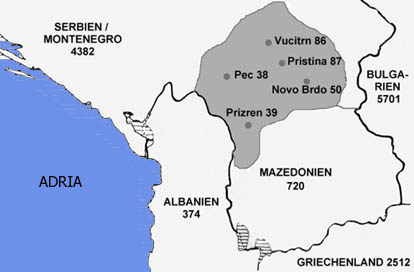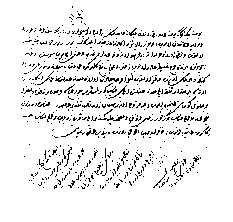[contents] [Site forward] [Site backward] [contact]
|
Roma as Taxpayers of
the Ottoman Empire
|
|||
|
 |
||
|
On their long trek from India to Europe, Roma groups reached the Balkans in the early 14th century and could soon be found as far to the West as Zagreb. The first records mentioning Roma in Kosovo are those of the Serbian Czar Dusan IV in Prisren, dating back to 1348. The Ottomans, who had ruled Kosovo since the legendary battle on the Amselfield in 1389, registered an increasing number of Roma households in the censuses they regularly carried out for tax reasons. In 1475, the civil servants of the Sultan of Rumelia - which Kosovo was part of - counted 3,187 Roma households and 211 houses of widows. In 1522, the census held by Suleyman the Splendid counted 16,591 taxable Roma households in Rumelia. In Kosovo, there were 38 in Pec, 39 in Prizren, 50 in Novo Brdo, 86 in Vucitrin and 87 in Pristina. From the beginning of the Ottoman period, then, the Kosovo Roma were settlers. Early on, many were taken as serfs of Ottoman lords or of Christian monasteries. Later, in 1699, the English physician Dr. Edward Brown found shelter from the plague in a Roma village outside Pristina. There are records of his gratitude for the good treatment he received from the families of the Roma craftsmen who lived there. During Ottoman times, which lasted until 1912, the Roma played an important economic and cultural role in Kosovo society. The Ottoman census of 1853 counted 603 Roma households in Prizren alone. |
||
